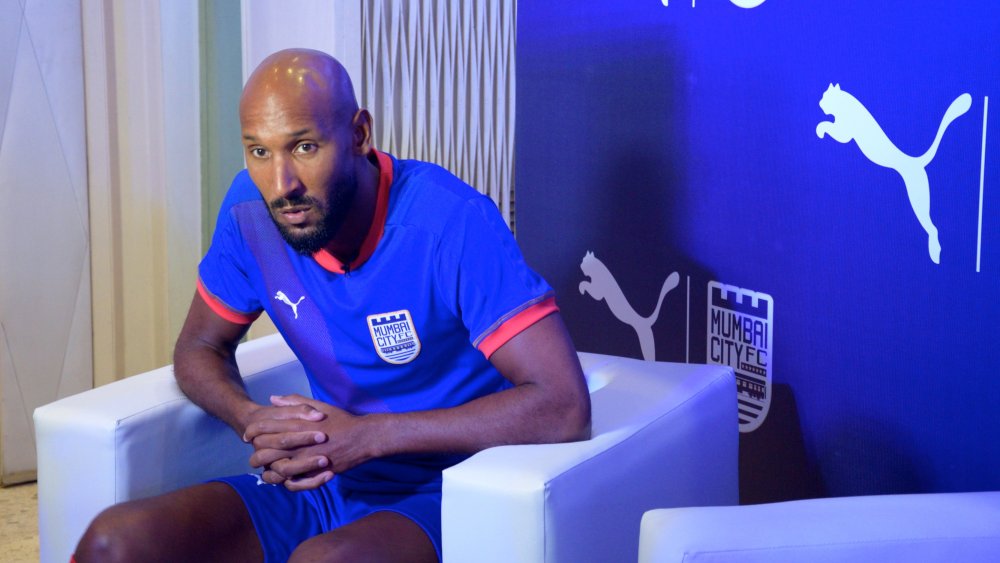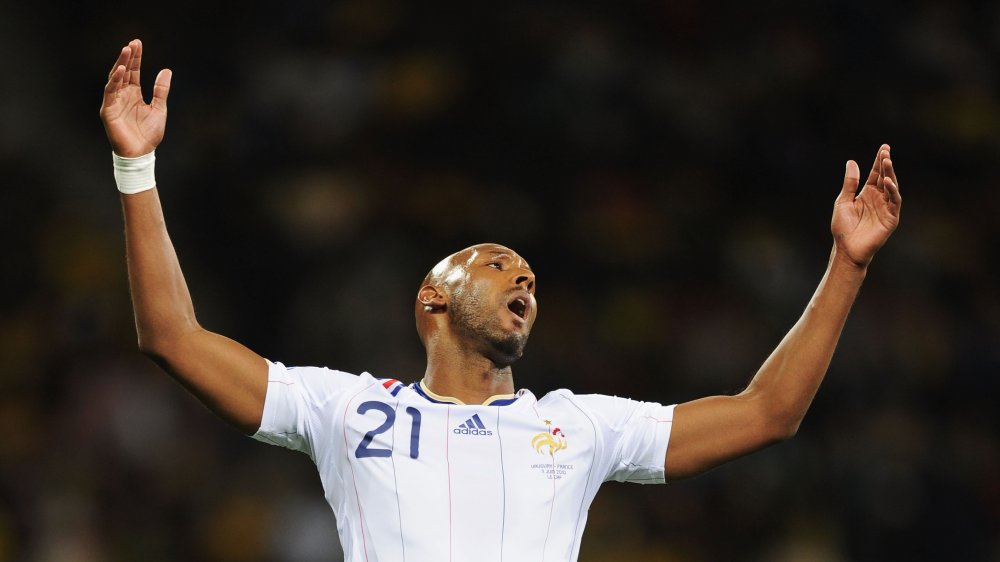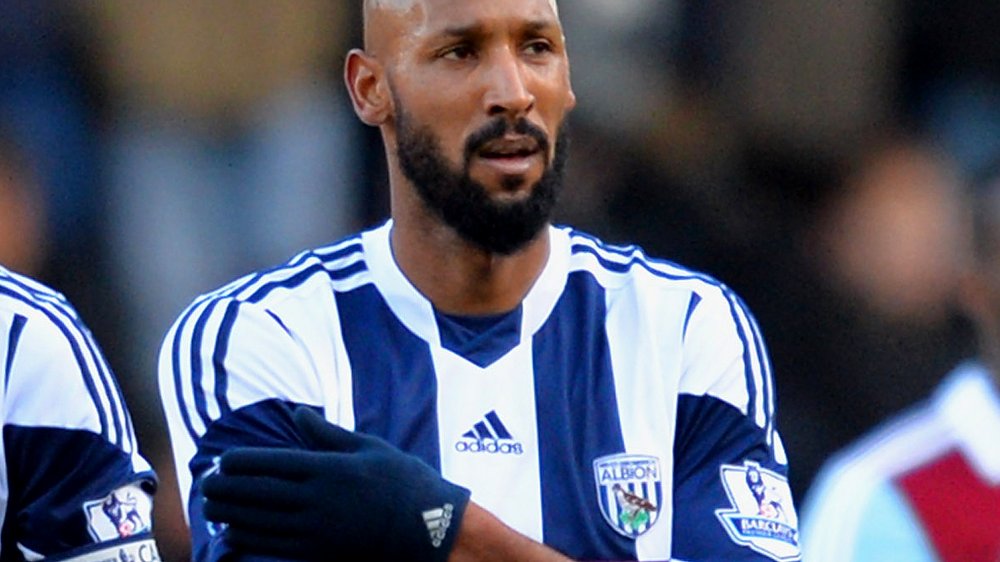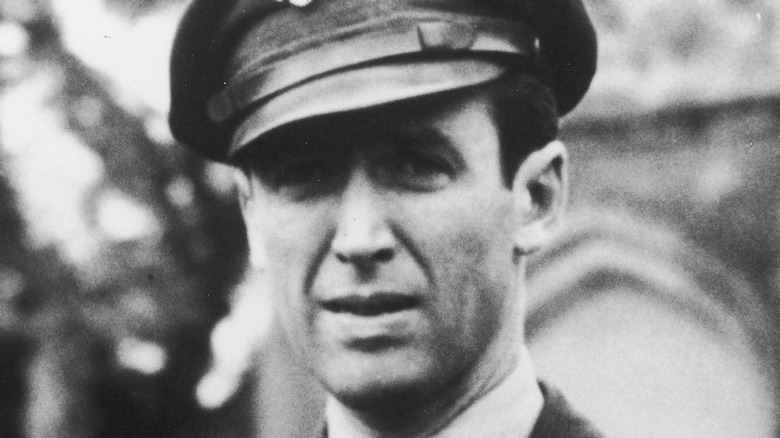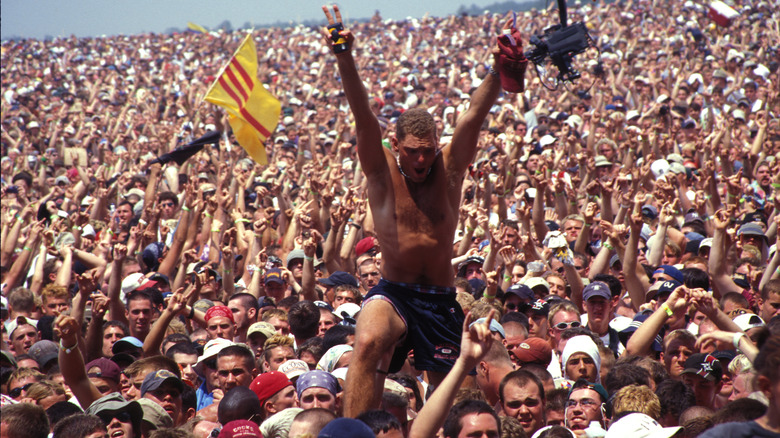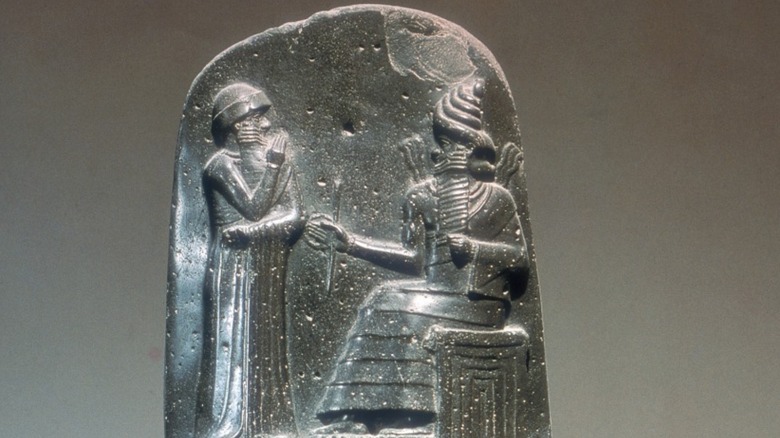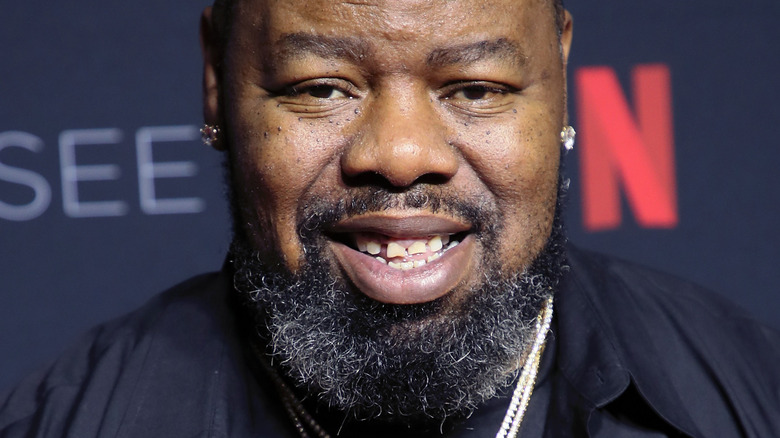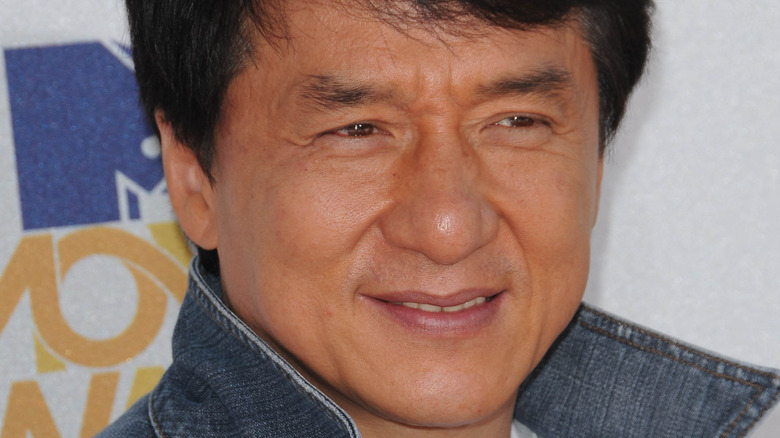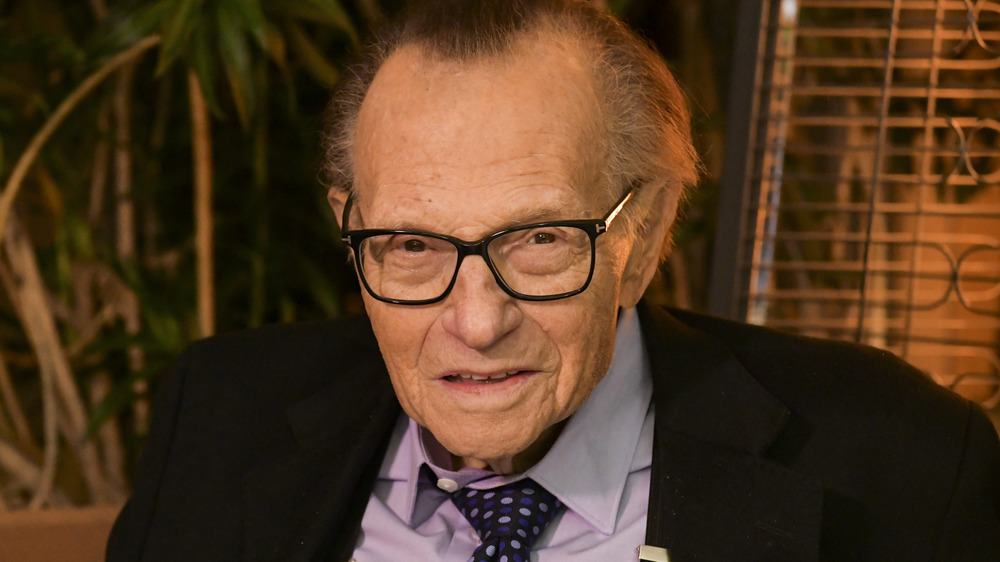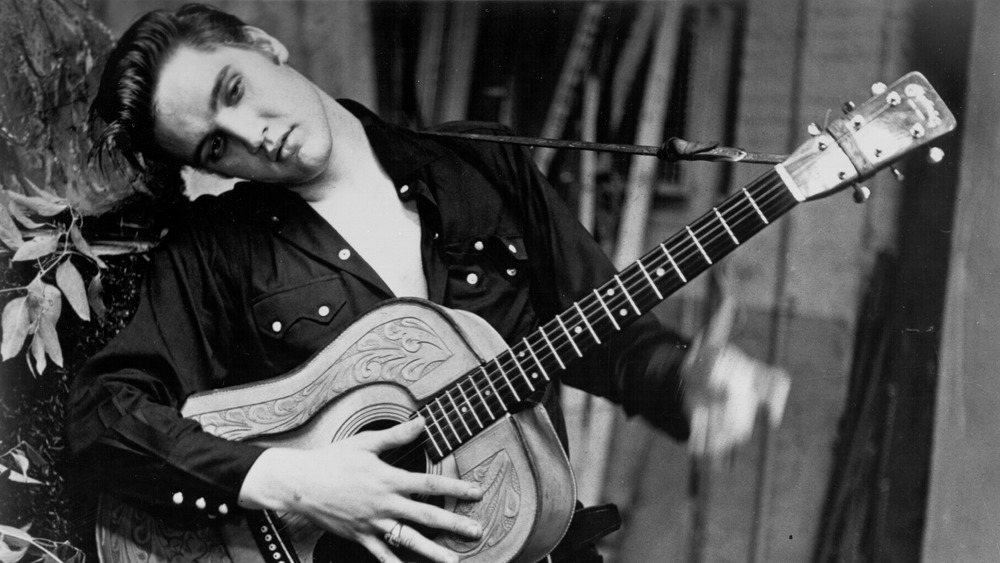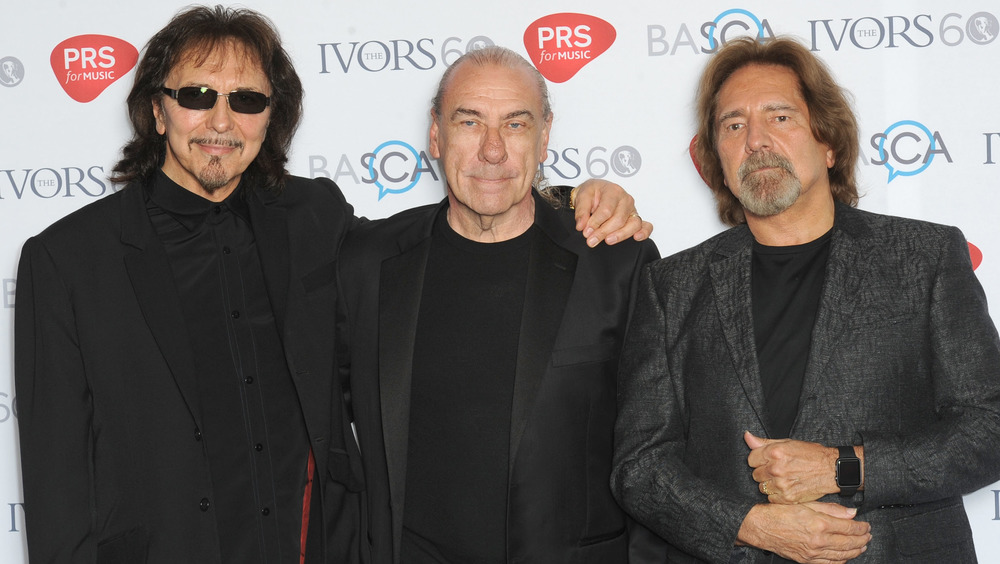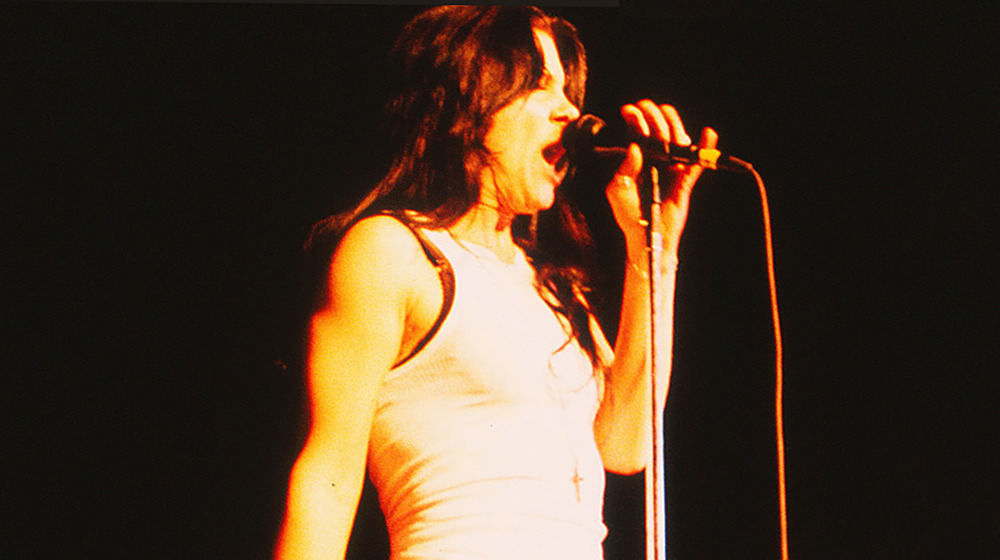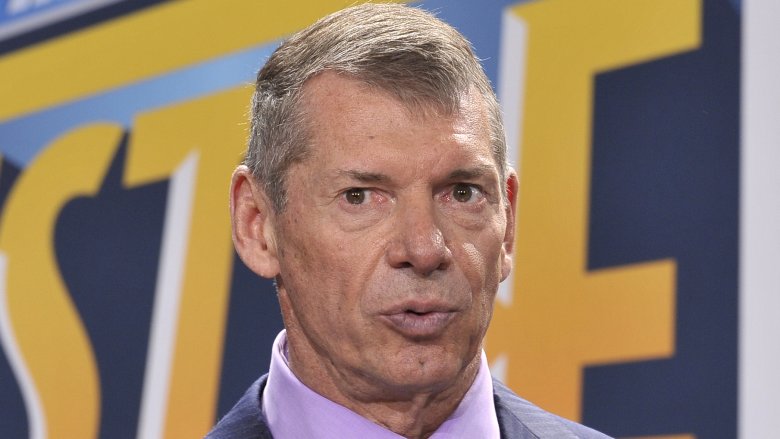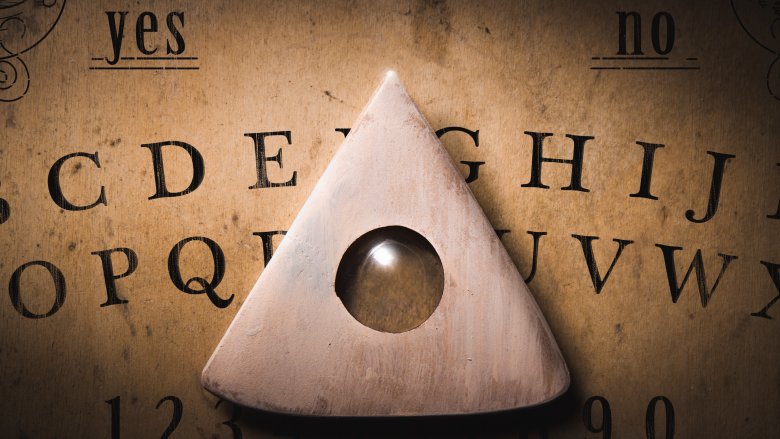
Nicolas Anelka: The Controversial Truth About The Sports Legend
Netflix‘s new documentary, Anelka: Misunderstood, promotes itself as an in-depth documentary which explores French footballer Nicolas Anelka’s “controversial legacy,” according to the official description.
Anelka famously appeared as if out of nowhere, joining Paris Saint Germaine as a forward player at the age of sixteen, before moving to Arsenal at seventeen. Then, at nineteen, he ended up at Real Madrid, capping a meteoric ascent. According to Transfermarkt, his career has seen him winning the Premier League’s Top Scorer, a European championship, two English championships, and two champions leagues. All that, however, is covered in the first part of the documentary’s title: Anelka. Juxtaposed to it is the Nina Simone-esque Misunderstood, which gestures towards the various controversies (read: dramas) that have dotted his career.
At first glance, the drama primarily seems like a creation of a sports media lusting after a narrative. In 1999, the BBC’s sports section ran a piece on how “the transfer saga of Nicolas Anelka has dragged on through the summer with claims and counter-claims on a daily basis.” Date by date, the piece tracked offers made by Anelka, who at the time played for Arsenal, to Marseille, Real Madrid’s offers to Anelka, and the insistences made by Arsene Wegner, manager of Arsenal, that “The player has a four-year contract, and any direct approach to the player is illegal.” In the end, Anelka transferred to Real Madrid, for £23 million.
Sparks
At this level, the Netflix labels of “controversial” and “misunderstood” seem a tad overblown. In fact, you may sympathize with Nicolas Anelka, as he snarls in the BBC piece: “The one thing I can tell you is that I can’t stand the English Press, who cause me enormous problems on a personal level.” However, drama does dog Anelka’s career, so much so that the Guardian ran highlighting bits of such “controversy.”
For instance, in March 2000, or less than a year after the piece about negotiations with Real Madrid, the BBC announced that Real Madrid had suspended Anelka without pay for 45 days, due to his missing practice three times in a row. According to the report, this was a concerted strike due to his frustration about “his role in the side.”
Then, in 2003, the BBC (which seems to have a monopoly on international soccer reporting), talked with Garard Houllier, boss of Liverpool who’d just decided against extending Anelka’s loan contract in favor of acquiring El-Hadji Diouf. Even though Diouf played middlingly, and Anelka brilliantly, with Manchester City, Houllier doubted not: “We made a choice, that’s all and I have no regrets about not taking up the option.” The decision cost them the cup. According to Anelka, as quoted in the Guardian‘s piece, the lack of signing was due to a personality clash: “It seems that Gérard Houllier did not appreciate my personality. It bothers him to have someone around who could stand up to him.”
Flashpoints
Many of these prior issues could be considered as examples of the racism that Black players experience regularly. However, the main drama, that people remember as Anelka’s “controversy,” was yet to come.
It was the 2010 World Cup. It was half-time during France’s qualifying matches, this one against Mexico. The score was 0-0. Raymond Domenech was giving the usual half-time directions to the players, including a critique of Nicolas Anelka’s positioning. Then, as the Guardian quotes, Anelka suddenly exploded at the coach: “Go f— yourself you son of a wh—.” Domenech replaced him, and France lost 0-2 to Mexico, the second out of three embarrassing matches for the French due to the rest of the French team refusing to practice out of solidarity with Anelka. It should be noted that whenever French coaches penalize Anelka, it always seems to result in self-inflicted losses.
For Anelka’s conduct, the French Football Federation banned him for the next 18 games. The suspension, Anelka explained to the BBC, “had no relevance whatsoever,” since he had considered his international career over after being removed from training in June. He continued with his characteristically phrased feelings about the matter: “These people are clowns. I’m dying with laughter … The whole commission thing is a charade not to lose face.” Domenech promptly stepped down, amid players accusing him of punishing them for his faults.
Okay, but what about the Nazi thing?
A few years later, in 2013, Anelka was back and playing for West Bromwich Albion, when he made his second goal in a game against West Ham. Right then, he made a gesture called a “quenelle,” which was caught on video. This would prove to be the biggest controversy of his career. The quenelle, as the Guardian explained, was invented by the French comedian Dieudonné M’Bala, as a provocative downward version of the Nazi salute. In Dieudonné’s telling, the gesture — which involves an “up-yours” motion, as well — is purely anti-establishment. As Buzzfeed pointed out, Anelka tweeted that he’d made it as a special dedication to the comedian.
However, the scene exploded with repercussions, following French players in America performing the quenelle, and throughout French society, with reactions being mixed about how antisemitic the gesture actually was. The French government attempted to ban Dieudonné, saying “Freedom of expression is sacred, but racism and antisemitism are crimes.” As for Anelka, the BBC reported that the Football Association had banned him for five games, fined him for £80,000, and mandated an educational course. They did not believe Anelka to be antisemitic, merely ignorant of “the offence that his actions have caused, particularly to the Jewish community.”

Why Women Were Once Banned From Playing Soccer
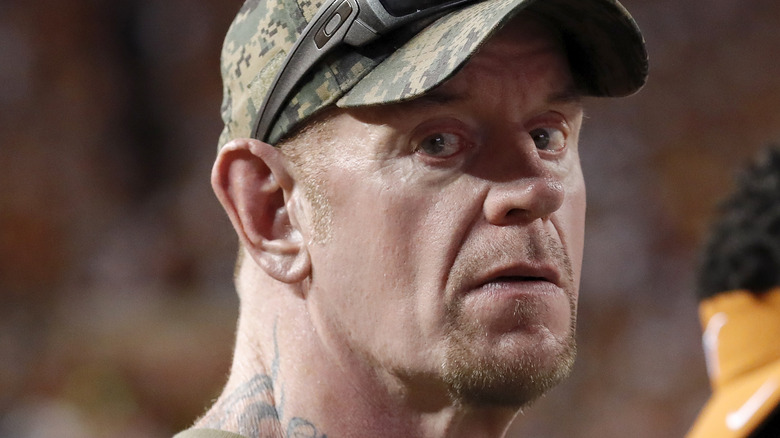
The Dark Truth Of The Undertaker's 'Satanic Cult'
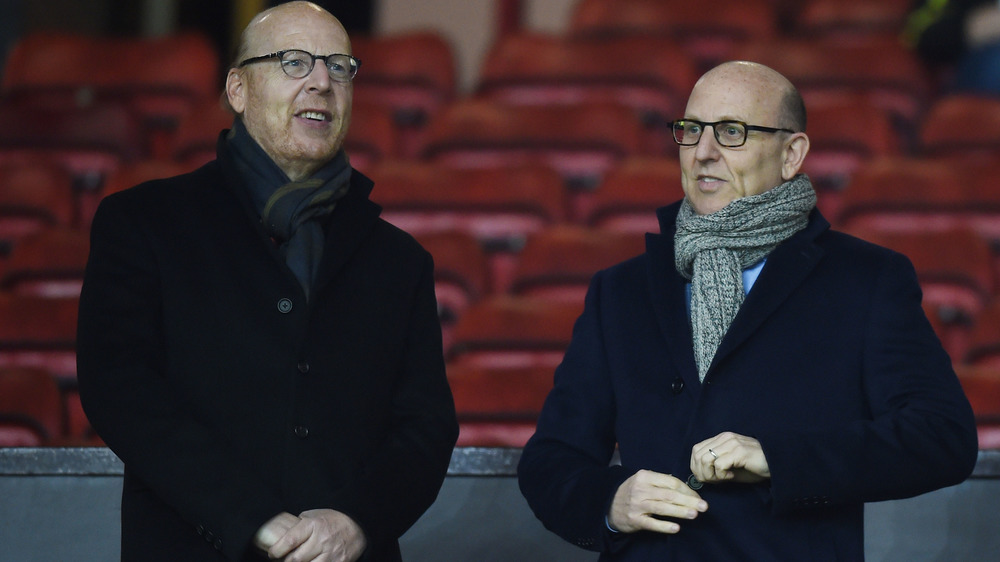
Buccaneers Owner Joel Glazer Is Worth A Lot More Than You Think
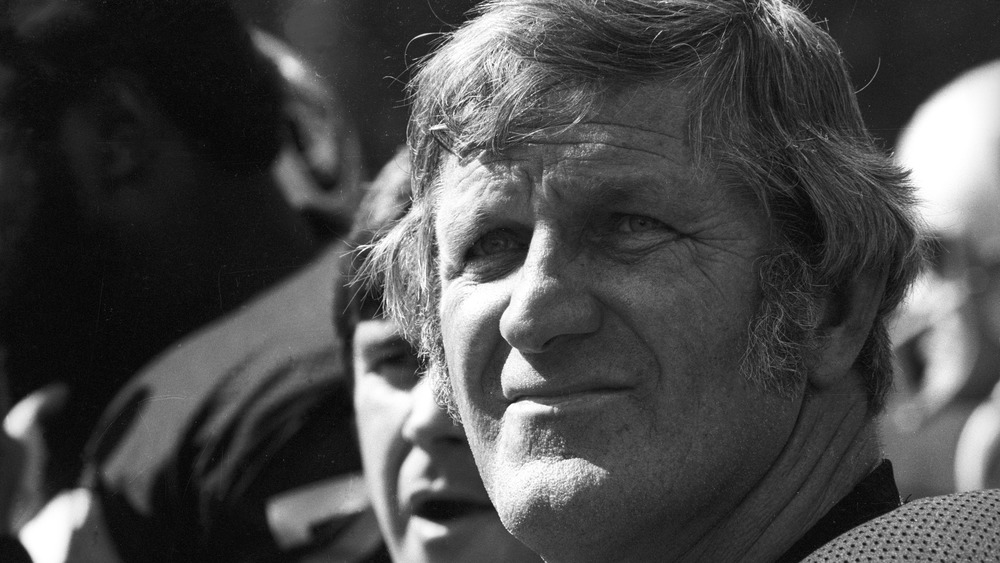
Who's The Oldest Player In NFL History?

Browns QB Baker Mayfield Is Worth A Lot More Than You Think
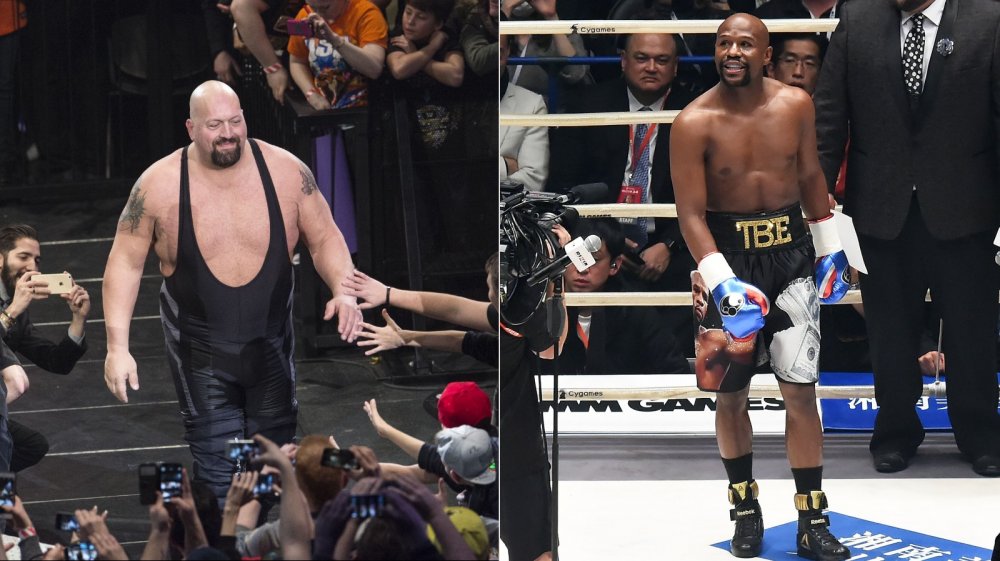
The Truth About Big Show's Fight With Floyd Mayweather
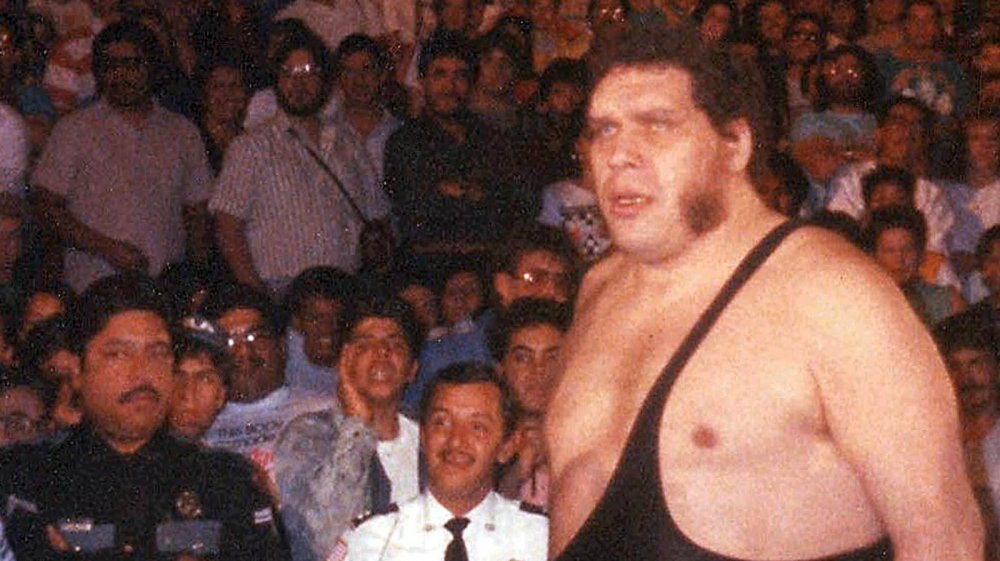
What The Final 12 Months Of Andre The Giant's Life Were Like
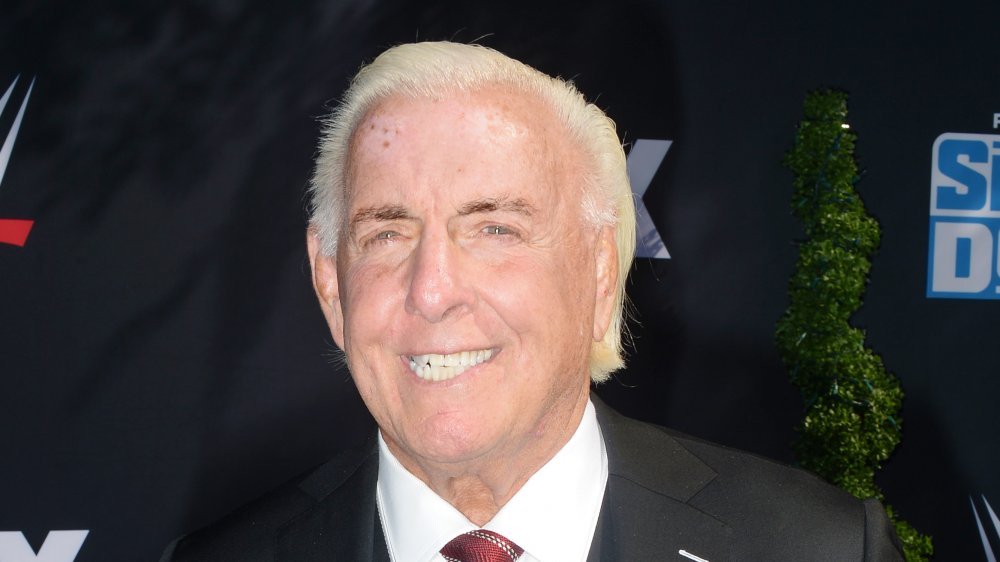
Here's How Much Money Ric Flair Is Actually Worth
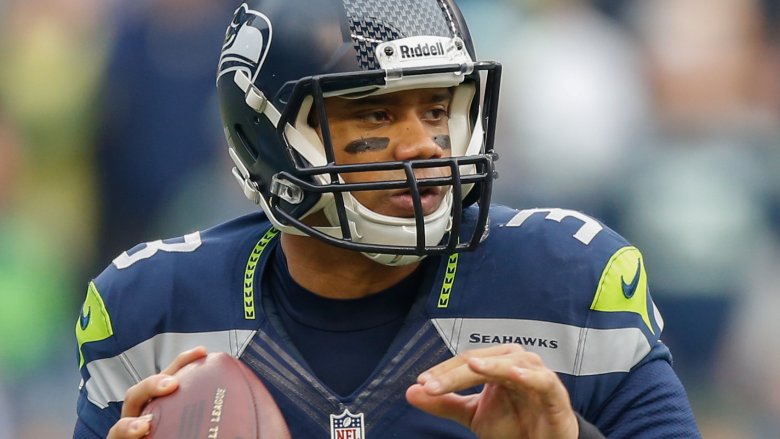
The Most Dominant Teams In Football History
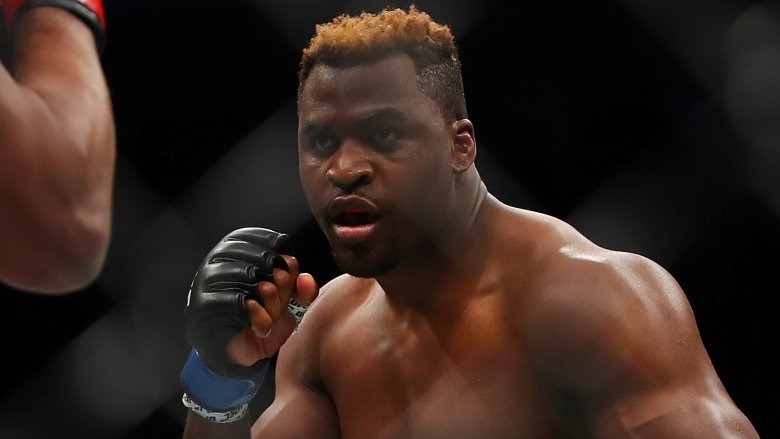
The Most Terrifying Knockouts In UFC History
